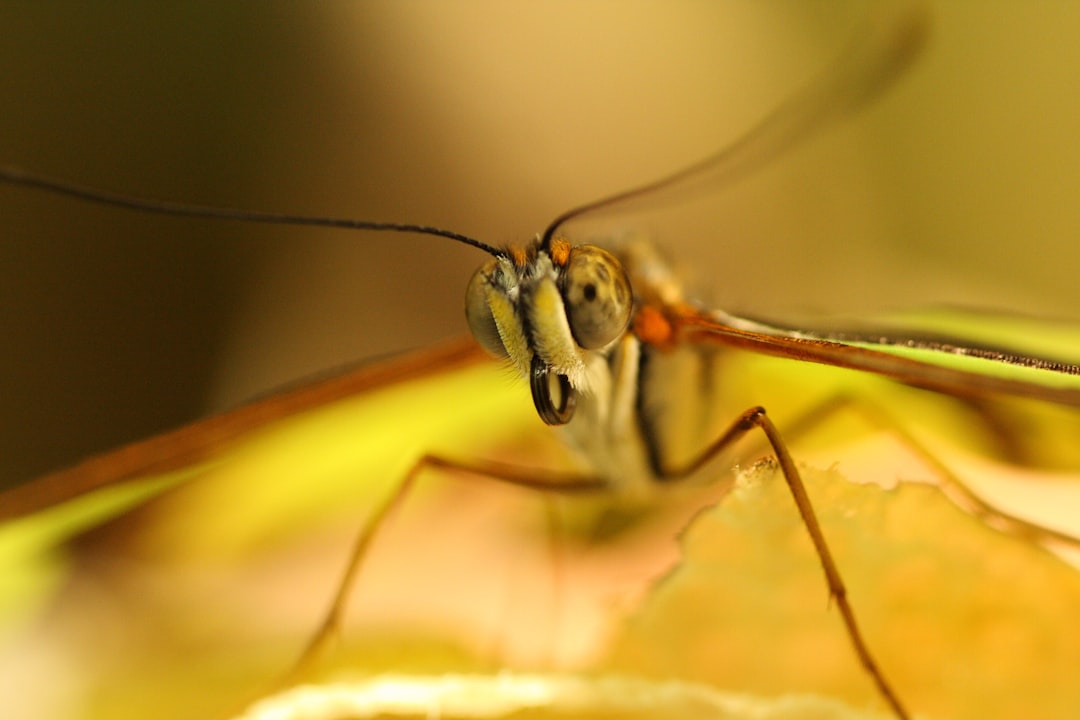What is it about?
COVID-19 reinfection cases in Liberia highlight the importance of improving disease surveillance to better understand the prevalence and transmission of the virus. By identifying individuals infected with COVID-19 previously, health officials can track the potential for reinfection and monitor any changes in the virus over time.
Featured Image

Photo by Glenn Carstens-Peters on Unsplash
Why is it important?
Our study shows that improved disease surveillance can help identify emerging hotspots and prioritize testing, tracing, and vaccination efforts. By monitoring trends in infection rates, officials can determine which areas are most at risk and allocate resources accordingly. Additionally, by improving disease surveillance, health officials can identify potential gaps in prevention and control measures and take proactive steps to address them. For instance, should a surge in reinfection cases occur in a specific region, officials can swiftly respond by implementing supplementary prevention strategies, including intensified testing, contact tracing, and isolation protocols.
Perspectives
Writing this article was a great pleasure, as it has co-authors with whom I have had long-standing collaborations. This article also contributed to the improved identification of COVID-19 hotspots and vaccination efforts in the country, which are crucial for effective COVID-19 control and prevention.
Godwin Akpan
African Field Epidemiology Network
Read the Original
This page is a summary of: COVID-19 reinfection in Liberia: Implication for improving disease surveillance, PLoS ONE, March 2022, PLOS,
DOI: 10.1371/journal.pone.0265768.
You can read the full text:
Resources
Contributors
The following have contributed to this page










